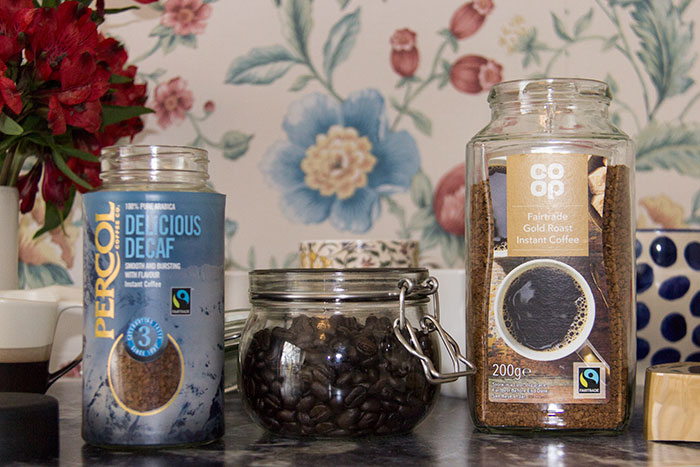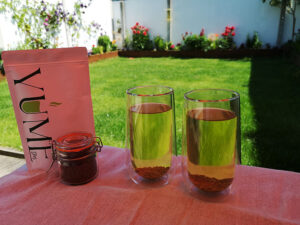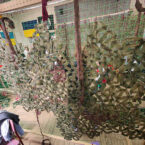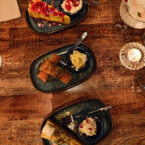I’ve decided that I’m going to buy only fairtrade coffee a few months ago. It’s more expensive, but it’s not a necessity (despite being addicted to coffee and drinking coffee a few times a day). There is no justification, for me, not to buy fairtrade. Luckily there are plenty of options on the market, both when it comes to brands, and variety of types of coffee. Almost all supermarkets have instant fairtrade coffee, with caffeine and decaf, and beans/grounded fairtrade coffee, with caffeine and decaf. The first UK coffee house was opened in Oxford in 1650, followed two years later by one in London, it was mentioned on the Fairtrade website.
Coffee is one of the world’s most popular beverages, we all know that. 70%-80% of the coffee is produced by 25 million smallholders, millions of people depending on coffee production for their livelihoods.
Smallholders are the ones that are not being dependent on permanent hired labour. They manage their farms mainly with their own and their family’s labour. Even so, many producers are unable to earn a reliable living from the coffee they produce. Global production varies each year due to weather conditions and disease, thus the price fluctuates a lot. This adds pressure on the producers.

With coffee, the supply chain is complex and most farmers don’t have a realistic knowledge of what happens to the coffee they produce. From farmers it goes to traders, processors, exporters, roasters, and retailers, before we buy it. To be certified as Fairtrade, the coffee must be physically traceable. It is the same for bananas, fresh fruit, flowers, nuts, rice, spices, not cocoa though. The coffee is labelled and kept apart, at every stage, from farm to shelf.
The certification has more implications that a fair-price. The farmers have to meet environmental standards, that means protecting the nature and have environmental protection a part of farm management. They have to minimise the use of energy, especially the non-renewable ones.
Fairtrade alo has standards regarding economic and social matters. These include protection of worker’s rights by having the minimum price and an additional fairtrade premium for investment. The minimum price is the lowest possible price that a buyer can pay the producer. To set the minimum price, Fairtrade discusses with the farmers, workers, and traders. The minimum price covers at least the costs the farmers encounters while growing the crop.
Fairtrade checks independently if the standards are reached by farmers and companies alike.

I buy Fairtrade coffee because I don’t want to have small children picking up the coffee I drink, I don’t want families to go hungry while they work in the fields growing the products I enjoy from the comfort of my living room. This is the simple reason why I buy fairtrade.
Do you buy fairtrade coffee?








I love the idea of fair trade so everyone get a fair price. Hope every coffee maker will do the same. Personally I don’t buy them cause I don’t drink coffee otherwise will do.
I don’t like coffee but I try to buy Fairtrade products whenever I can, it’s great to support it.
I don’t buy coffee but would drink it out. It’s a shame we don’t know often where the big chains get their coffee from. I would definitely buy fair trade coffee. I always buy fair trade bananas and chocolate wherever I can
I know that is hard to choose fairtrade when going out. Starbucks and Costa have fairtrade coffee. I was surprised to see that Wetherspoons, a pub known for the low prices, uses Lavazza, a coffee that will be certified by Rainforest Alliance next year. So, things are changing if people are applying the pressure.
I don’t guess I really knew what “fair trade” meant entirely, so I appreciate this information. My preferred coffee is a brand I order online from a company called Grounds and Hounds, which is fair trade and also benefits rescue shelters for dogs. Plus it’s good coffee!